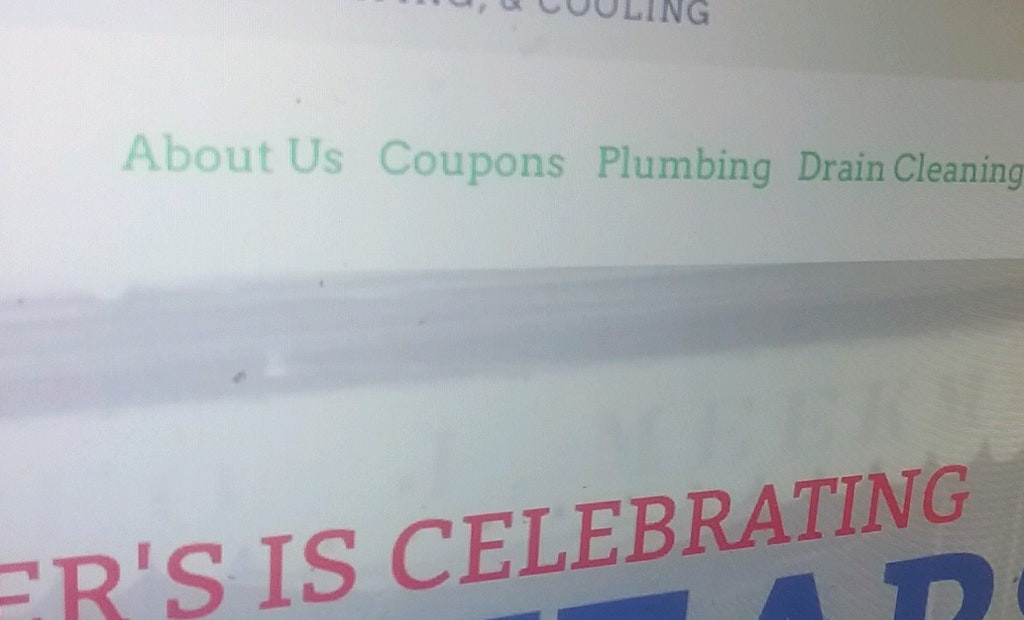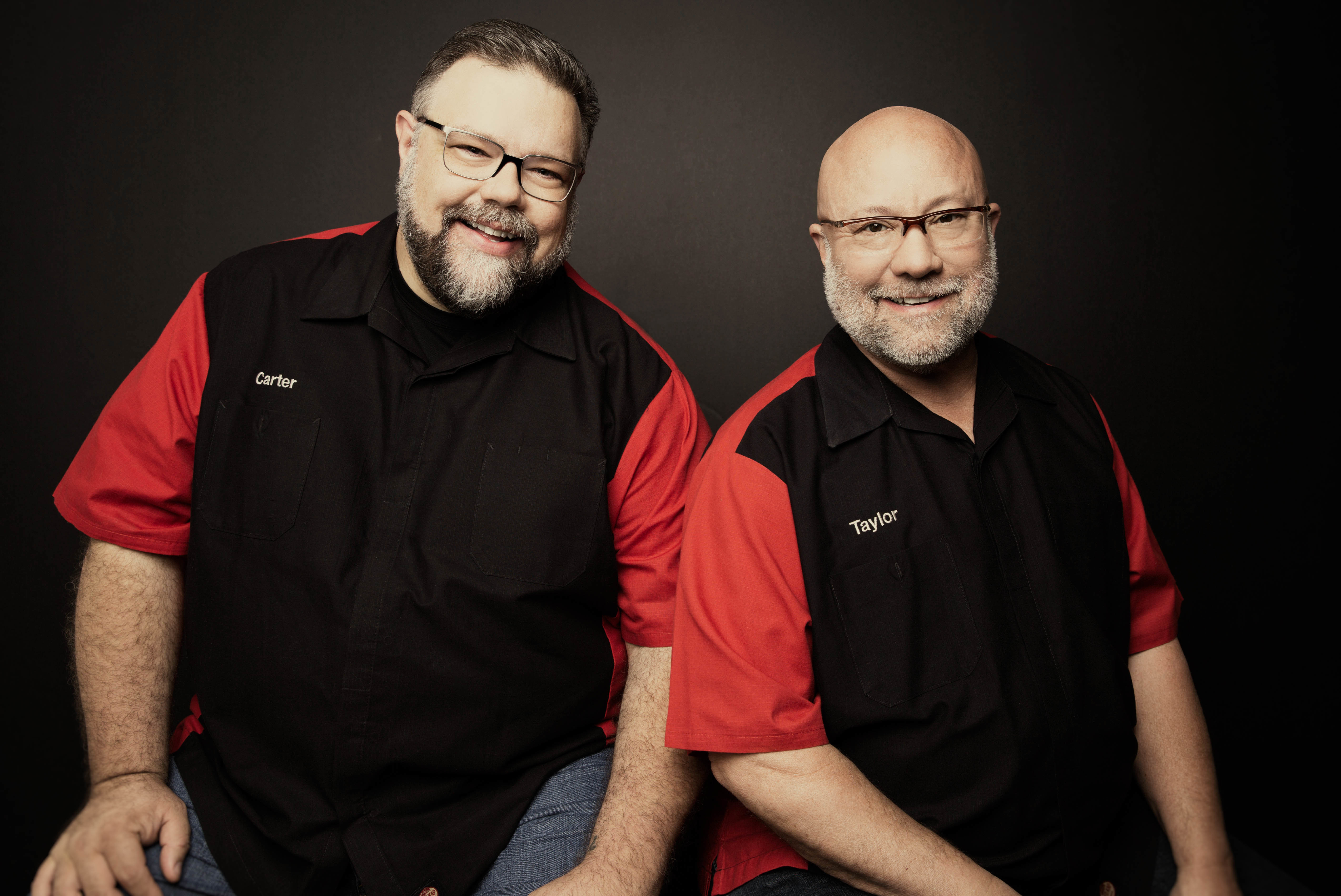Interested in Business?
Get Business articles, news and videos right in your inbox! Sign up now.
Business + Get AlertsOn our websites, in our advertisements, in our marketing messages, we all do this one thing: We talk about ourselves. And while some people will tell you this is a huge mistake and that even your company’s “About” page shouldn’t actually be about you, we believe that’s a little misleading.
We’re all wired to care about ourselves and to tune out info that doesn’t have relevance, but we’re also evolutionarily wired to protect ourselves. And here’s the thing: Knowing who you’re doing business with translates to less risk.
Even though there are a lot of contractors out there killing it in the professionalism department and creating a new standard for the industry, professionalism is still not a given. Homeowners aren’t yet assuming the best, which means you have your work cut out for you.
Customers want to know who they’re inviting into their homes. They want to know that you have integrity, you’re qualified and experienced, and you’re not going to show up dirty, drunk or high. They want to know what to expect, because knowing what to expect helps mitigate some of their risk.
A lot of that work can be done on your “About” page. Here are a couple tips for creating more persuasive, trust-building content:
1. Make the “About You” about them.
The real purpose of an “About” page is to make the connection between who you are and how that translates to value for your customer. But most companies miss the mark. They get the “who we are” part right, but they never connect the dots and explain what that means or why that should matter to their customers.
For example, here are three things we often see on “About” pages that don’t tell customers anything helpful for themselves.
- Family Run: Inheriting the business from your dad or growing up in the industry might mean a lot to you, but what does it mean for the customer? Are you explaining how these facts translate to more pride in your work, more experience and knowledge, better customer service and fewer mistakes? Are you connecting the dots for them?
- Best Products: Using the best products might mean one thing to you and another to your customers. They might see “best” products and think “most expensive” products, while you know it actually means best value and money savings over time. It’s your job to explain to them how much additional value they get because you only use lasting, time-tested products that solve problems for your customers.
- Best Team: What does it even mean to have the “best” team? There’s a house painter in our area whose reviews contain complaints about employee behavior on the job. But if you look at their marketing and website, they have the “best” team. Don’t leave it at that. Tell your customers more about the people they’ll be dealing with so they’ll feel safer, more assured and more comfortable having them in their homes. Are all of your employees drug tested and background checked? Do they undergo X hours of training? Are they involved in the community? Spell it all out for your customers.
You can talk about yourself, but in order for those anecdotes and facts to have relevance to your customers, they must be connected back to value.
2. Avoid overworked claims and words that have lost their power.
What’s not missing from “About” pages and marketing messages but should be? Overworked claims and words that have lost their power.
In Eugene Schwartz’s book Breakthrough Advertising, he talks about audience sophistication and how much harder it is to win over a customer when they’ve heard the same claims so many times that they’ve become numb to them.
Schwartz says, “Words begin to lose their meaning ... the prospect becomes confused — then skeptical. Believability is shattered; claims are automatically discounted 50% by their readers.”
Think of all the weight loss promises out there. Does anyone even believe them anymore? Well, it’s not only the weight loss industry that’s numbed people to claims.
Maybe saying that your technicians show up clean and on time was enough to differentiate yourself and give your business a competitive advantage in the past, but now it’s simply not. The successful claim has been overworked.
Your customers have seen and heard your competitors’ marketing messages, websites and ads, and they know everyone says they’re better, more qualified, cleaner, more punctual and more professional. Those words lose their meaning, and those messages lose their power with time and repetition.
So another thing you want to look for on your “About” page and in your marketing messages is vague words that have lost their power. Think words like “clean” and “professional.” Instead of using these words that everyone else uses — words that have lost their meaning or could have multiple meanings — go into detail and let your customers know what those words mean in terms of what type of experience they can expect to have.
You’ve got to make it extremely crystal clear and easy for your customers to see the value you provide and the difference between you and your competitors.
The Ultimate Takeaway
If you truly want a more persuasive “About” page — one that coaches toward the conversion — you need to take a good, hard look. Are you simply talking about yourself and using all the same language that your competitors are using? Are you asking your potential customers to trust you before you’ve earned it?
About the Authors
Carter Harkins and Taylor Hill are the co-founders of Spark Marketer, a Nashville, Tennessee-based digital marketing company that works primarily with service businesses. They’re also the co-hosts of the "Blue Collar Proud (BCP) Show," a podcast that’s all about having and living the blue-collar dream, and the co-authors of the book Blue Collar Proud: 10 Principles for Building a Kickass Business You Love. They're also co-creators of the award-winning app Closing Commander, which helps contractors close more estimates effortlessly. Both regularly speak at service industry trade shows and conferences across the nation. Visit www.facebook.com/sparkmarketer, www.facebook.com/bcpshow, www.facebook.com/groups/bluecollarproudnation or www.facebook.com/closingcommander.







